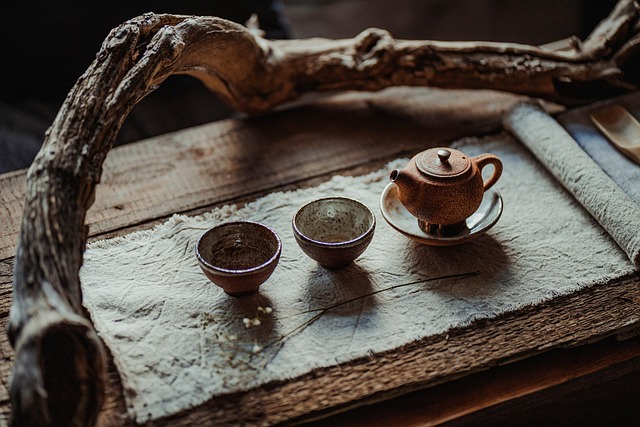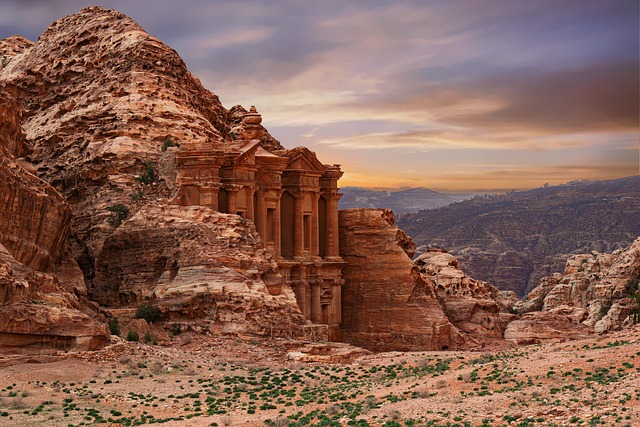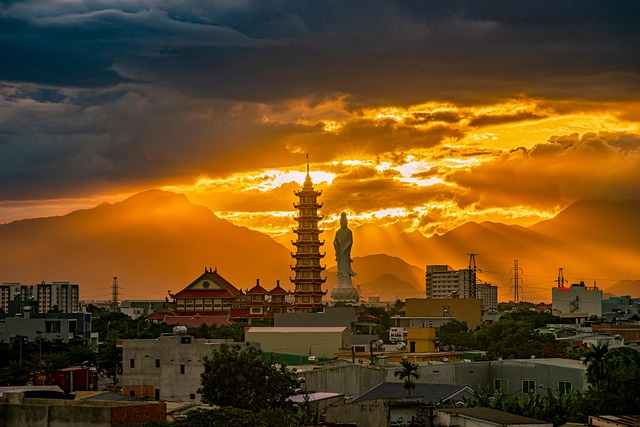Throughout history, ceremony has played an essential role in the observance of religious holidays across cultures and faiths. These rituals transcend mere tradition; they evoke a deep sense of belonging and identity among the participants. The power of ceremony during religious holidays serves not only to commemorate significant events but also to foster community, spirituality, and reflection.
At the heart of many religious practices lies the ceremony, which can manifest in various forms, from elaborate festivals to intimate gatherings. These events are often steeped in rich symbolism and meaning. For instance, in Christianity, the celebration of Easter involves the joyous ceremony of the Resurrection, where believers come together to reflect on hope and renewal. The ritual of lighting the Paschal candle signifies the light of Christ entering the world and is a powerful reminder of faith overcoming darkness.
Similarly, in Hinduism, Diwali is marked by the ceremony of lighting diyas (lamps) to represent the triumph of light over darkness, knowledge over ignorance, and good over evil. Families gather to partake in prayers, share meals, and exchange gifts, reinforcing the values of love, togetherness, and spiritual awakening. Each flicker of the flame during the festivities symbolizes divine presence, connecting the participants to their spirituality in a profound way.
In the Jewish tradition, the Passover Seder is a ceremonial meal that commemorates the Israelites’ Exodus from Egypt. The reading of the Haggadah, alongside the ritual of eating matzah and bitter herbs, serves as a powerful reminder of resilience and faith. This ceremony is not only a recounting of history but also an act of collective memory that binds generations through shared stories and lessons.
Ceremonies during religious holidays are also an opportunity for personal reflection. Many individuals engage in rituals that encourage introspection and connection with the divine. During Ramadan, for example, Muslims participate in the nightly Taraweeh prayers and engage in acts of charity, fostering a sense of community and spiritual growth. These ceremonies act as a framework for believers to deepen their faith, seek forgiveness, and express gratitude for their blessings.
Moreover, the sensory experiences associated with these ceremonies—such as the aromas of incense, the sounds of sacred music, and the vibrant visuals of traditional attire and decorations—enhance the emotional impact of the rituals. Engaging in these sensory elements during a ceremony creates lasting memories and spiritual awakenings that often linger long after the holiday has passed.
The power of ceremony in religious holidays transcends cultural boundaries, as they remind us of our shared human experience. Whether through the joyous celebration of family during Christmas, the reflective fasting during Lent, or the communal prayers in congregational worship, ceremonies invite participation, unity, and spirituality. They reinforce our identities and help us navigate life’s challenges through the lens of faith.
In a rapidly changing world, the significance of ceremony remains steadfast. These gatherings allow us to reconnect with our core beliefs, appreciate our heritage, and cultivate a sense of hope. As we embrace the richness of our traditions, we not only honor the past but also pave the way for future generations to experience the profound impact of ceremony in profound and meaningful ways.




